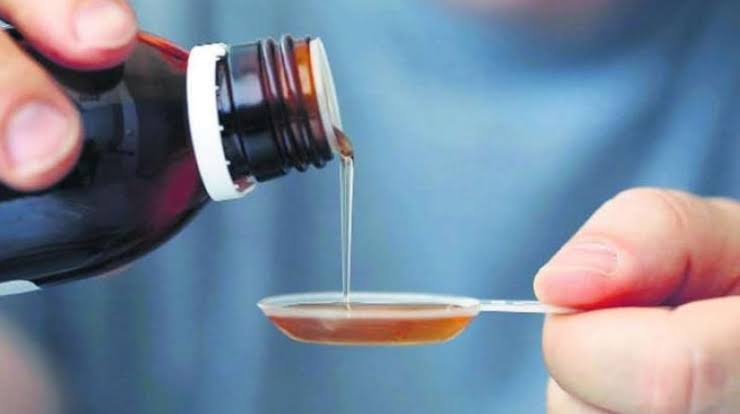The use of a combination of medications in children under the age of four to treat the common cold has been prohibited by India’s top drug controller.
The restriction follows a slew of infant deaths in The Gambia and Uzbekistan that have been connected to Indian-made cough syrups since last year.
In India, 12 children allegedly died in 2019 after swallowing a similar drug.
However, the manufacturers of these medications have denied any wrongdoing.
The prohibited combination consists of three drugs: chlorpheniramine maleate and phenylephrin. It was approved in 2015. It is used in cough syrups and pills to treat typical cold symptoms.
The ruling, which was made public on Wednesday, requires drugmakers marketing the combination to include a warning that it should not be used by children under the age of four.
Last year, the WHO issued a global warning about four Indian-made cough syrups that were reportedly linked to the deaths of 66 children in The Gambia.
A lab study of syrup samples revealed the presence of “unacceptable amounts” of diethylene glycol and another hazardous alcohol known as ethylene glycol.
Similar deaths have been recorded in Uzbekistan, where 18 youngsters are believed to have died after swallowing an Indian-made cough medication, according to the country’s health ministry.
In the Indian state of Jammu, at least 12 children aged two months to six years perished in 2019 after ingesting a purportedly poisonous cough medication.
Indian regulators had previously stated that the deaths reported in the country were isolated incidents.
It also claimed that the four cough syrups connected to child mortality in The Gambia met criteria when tested at home, which the WHO disputes.
It did, however, revoke the manufacturing license of the company whose products were allegedly responsible for fatalities in Uzbekistan.
The country has also increased medication inspection; in June, the government mandated that companies have their cough syrup tested before exporting it to other regions of the world.










